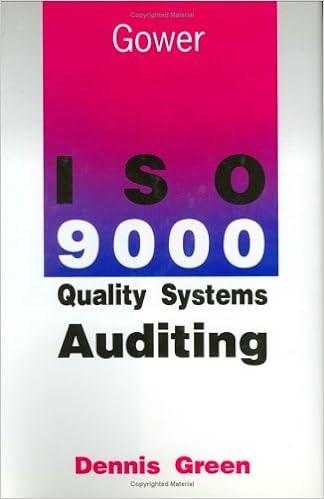

Mermaid Company has two main product lines Product A and Product B. The company uses an activity-based costing system. Activity-based costing requires a cost driver for each cost pool. At the beginning of the year, the company made the following estimates of cost and activity for its five activity cost pools. Information about directly assigned costs is also provided. Use the following information to assign the costs to the product lines using the activity- based costing approach. Assume that actual use of cost drivers is equal to expected use. Activity Labor-related Purchase orders Parts management Rework requests General factory Total Estimated Cost 160,000 11,000 80,000 90,000 180,000 $ 521,000 A Activity Labor-related Purchase orders Parts management Rework requests Generalfactory Cost Driver Direct labor-hours (DLHS) Number of orders Number of part types Number of requests Machine-hours (MHS) xpected Driver Amour Product Product B 6,000 11,000 60 30 30 15 500 900 3,000 8,000 Includes direct materials and Costs directly assigned to Product A Costs directly assigned to Product B Number of Product A units Number of Product B units Includes direct materials and $ 220,000 $ 275,000 1,000 3,000 Step 1: Using activity-based costing, fill in the green-highlighted cells to calculate the total cost for each product. Expected Estimated Use of Cost Activity-Based Overhead Activity Cost Pools Overhead Drivers Rates Labor-related per DLH For this cell and Purchase orders per the next three Parts management per cells below, no Rework requests need to use cell per General factory per Use of Cost Drivers Product A Activity Based Overhead Product B Activity- Based Overhead Use of Cost Drivers Cost Assigned Cost Assigned Activity Cost Pools Labor-related Purchase orders Parts management Rework requests General factory Total amount allocated Costs directly assigned Total cost Step 2: Using activity-based costing, fill in the green-highlighted cells to calculate the unit cost (i.e., cost per unit of product) for each product. Product A Product B Total cost Number of units Unit cost assigned to each product








